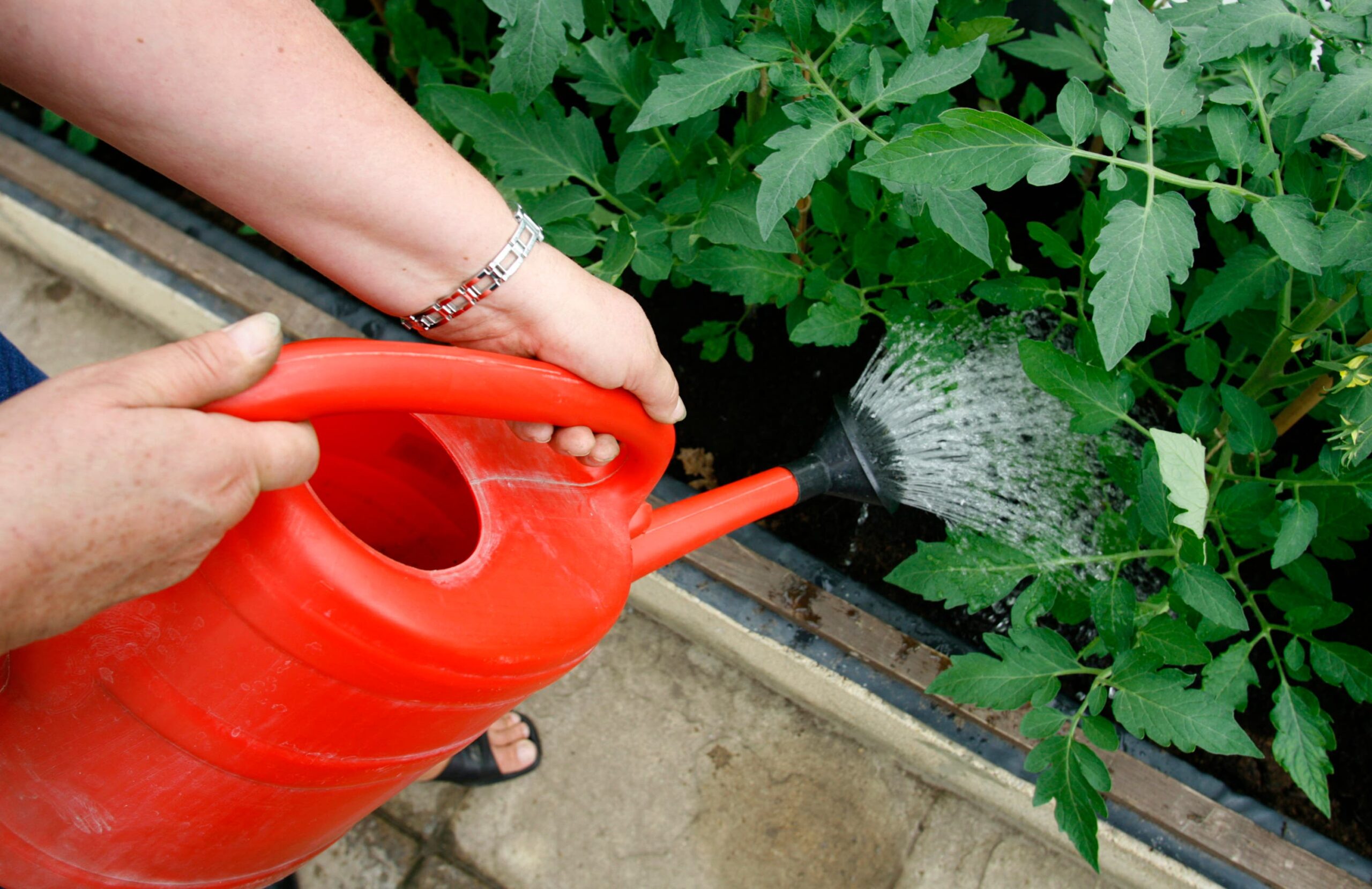Frequent gardening may be linked to improved wellbeing
Gardening two to three times a week leads to better wellbeing and lower stress levels, new research suggests
Gardening more frequently may be linked to improvements in wellbeing, perceived stress and physical activity, new research suggests.
A new study indicates that people who garden every day have wellbeing scores 6.6% higher and stress levels 4.2% lower than people who do not garden at all.
According to the paper, gardening just two to three times a week also leads to better wellbeing and lower stress levels.
Royal Horticultural Society (RHS) wellbeing fellow and lead author Dr Lauriane Chalmin-Pui said: “This is the first time the ‘dose response’ to gardening has been tested and the evidence overwhelmingly suggests that the more frequently you garden – the greater the health benefits.
“In fact gardening every day has the same positive impact on wellbeing than undertaking regular, vigorous exercise like cycling or running.
“When gardening, our brains are pleasantly distracted by nature around us.
“This shifts our focus away from ourselves and our stresses, thereby restoring our minds and reducing negative feelings.”
According to the study published in the journal Cities, gardening on a frequent basis – at least two to three times a week – corresponded with greatest perceived health benefits.
Improving health, however, was not the prime motivator to garden, but rather the direct pleasure gardening brought to the participants.
The study conducted by the RHS in collaboration with the University of Sheffield and the University of Virginia found that more frequent gardening was also linked with greater physical activity supporting the notion that gardening is good for both body and mind.
Dr Chalmin-Pui added: “Gardening is like effortless exercise because it doesn’t feel as strenuous as going to the gym, for example, but we can expend similar amounts of energy.
“Most people say they garden for pleasure and enjoyment so the likelihood of getting hooked to gardening is also high and the good news is that from a mental health perspective – you can’t ‘over-dose’ on gardening.
“We hope all the millions of new gardeners will be getting their daily doses of gardening this week and feeling all the better for it.”
The research explored why residents engaged with gardening and the extent to which they recognised any health benefits from the activity.
A survey was distributed electronically within the UK, with 5,766 gardeners and 249 non-gardeners responding.
Pleasure and enjoyment was the reason why six in 10 people garden.
While just under 30% said they garden for the health benefits, one in five said wellbeing is the reason they garden, and around 15% say it makes them feel calm and relaxed.
Co-author Dr Ross Cameron, of the University of Sheffield, said: “This research provides further empirical data to support the value of gardening and gardens for mental restoration and promoting a calmness of mind.
“We also found a greater proportion of plants in the garden was linked with greater wellbeing, suggesting even just viewing ‘green’ gardens may help.”
But it was not just able gardeners who benefited.
Those with health problems stated gardening eased episodes of depression (13%), boosted energy levels (12%) and reduced stress (16%).
The research is released at the start of National Gardening Week, and the RHS is calling on the nation to get their daily dose of “Vitamin G”.
The Press Association
Latest posts by The Press Association (see all)
- Actor Richard Chamberlain dies aged 90 - March 30, 2025
- 5 new books to read this week - March 26, 2025
- 6 things a physio wishes people over 60 would stop doing - March 25, 2025
- NHS reminder to 7.5m people as Covid-19 jab booking system opens - March 25, 2025
- The truth about cholesterol – what you need to know - March 25, 2025




















